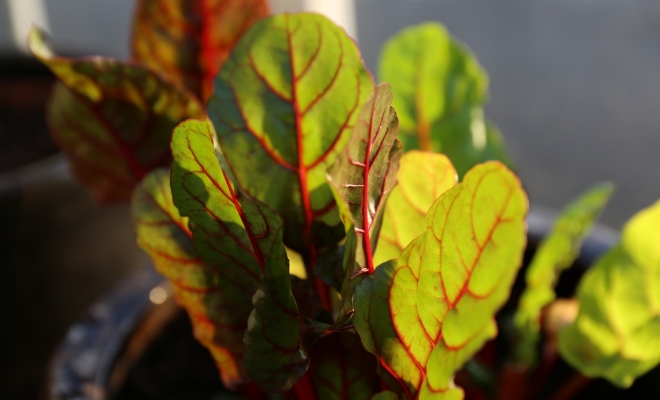
Behavioral Psychology
Competitive Spirit
Many motivators will claim that competition is essential for making practitioners excel, that without the competitive spirit these practitioners will fall far short of what they can be in the discipline they’re pursuing. The argument runs that a non-competitive atmosphere breeds complacency and softness, that a competitive atmosphere invariably lights a fire that makes practitioners try harder and do better.
These motivators are thinking and working within the paradigm of negative reinforcements. The desired behavior is supposed to be pulled out through making practitioners feel compelled to avoid aversive stimuli like humiliation and frustration, feelings that can only be avoided by besting the competition.
There is no doubt that negative reinforcements are powerful training tools, that they’re effective means for eliciting behaviors, but this doesn’t mean they’re the best or the most powerful means for eliciting behaviors. Actually the various negative reinforcements that arise through the paradigm of competitiveness can never compare with the various positive reinforcements that arise through the paradigm of the joyful decision to make a chosen discipline be the grounds for further self-actualization.
When practitioners do something not out of competitiveness but because they love it and because they feel it represents who they are they work harder and longer, they deal with the frustration of failure better, they don’t burn out, and they invariably offer something up that’s unique and individual since it’s primarily the result of developing inner potentialities rather than observing and then trying to best the behaviors of others.
It sounds strange to those stuck in the competitive framework but it’s only by letting go of comparison and focusing instead on the individual journey, choosing a discipline where unique potentialities can be developed so that the discipline becomes a manifestation of self-actualization, that practitioners really begin to excel.

